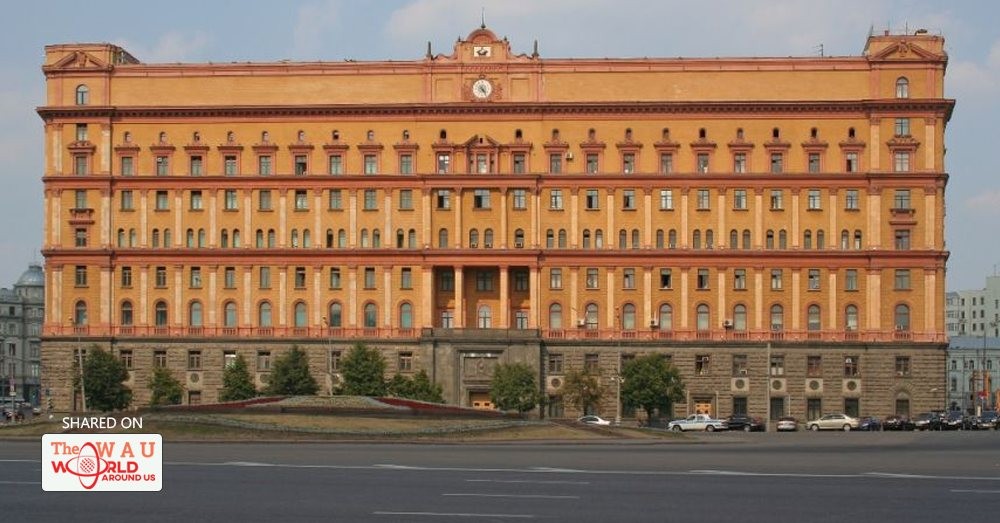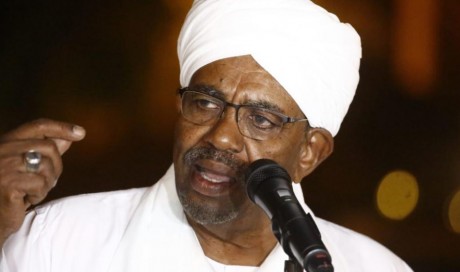Former Mapam leader Elazar Granot, a member of the Knesset’s Foreign Affairs and Defense Committee was a Soviet agent, according to documents uncovered by Israeli journalist Ronen Bergman.
The KGB, Russia’s espionage organization, recruited and ran spies among Israel’s Knesset members, senior army officers and intelligence community, as well as lower-level workers on classified projects, according to an investigation by journalist Ronen Bergman. The first part of his investigation will be published by Yedioth Ahronoth on Friday.
The list of agents includes, according to the report, a major general in the Israel Defense Forces, since deceased, and three Knesset members. One was Elazar Granot, secretary general of Mapam (the United Workers Party) and a member of the Knesset’s Foreign Affairs and Defense Committee in the 1980s. Others, Yedioth reports, include a senior engineer in the National Water Carrier project (a canal leading fresh water from the Sea of Galilee in the north to Israel’s center); a person in a classified position at the Israel Aerospace Industries who was involved in handling or planning the Lavi, Israel’s version of a fighter jet (which never left the ground); and another agent engaged in maintaining Merkava tanks. One of the agents, codenamed “Malinka,” may have been working in the Shin Bet security service’s counterintelligence division.
The report is based on secret KGB documents copied over decades by an archivist at the spy organization, Vasili Mitrokhin, from the 1960s to the 1980s. He defected to Britain in 1992 and gave the documents to British intelligence. Some were published in books and the press over decades, triggering an international uproar as KGB agents operating in the United States, Britain and other countries were outed by name.
Mitrokhin died in Britain in 2004. Half a year ago, the British espionage agency MI6 agreed to the publication of additional parts of the archive Mitrokhin left behind, in which Bergman found material on KGB activity in Israel. “The material, entirely in Russian, was deposited at the Churchill Archives Center in Cambridge and I was given access to read it on strict conditions of confidentiality,” Bergman told Haaretz.

According to Bergman, some of the Israeli KGB spies whose names appear in the documents had already been exposed over the years by the Shin Bet, and had been tried in Israel. But the material reveals previously unknown details about their activity as spies.
Last month Channel 1 reporter Oren Nahari revealed one of the names on the list: Mahmoud Abbas (aka Abu Mazen), the chairman of the Palestinian Authority, who allegedly served as a KGB agent on behalf of the Soviets, operating under the codename Krotov (Russian for “mole”).
Reuven Merhav, a former agent for both the Mossad and Shin Bet who was responsible for thwarting eastern European espionage in Israel, recently dismissed the report of Abbas’ career as a Russian mole in Damascus in the 1980s), arguing that it was a puff by KGB people trying to boost their own status. In a letter published in Haaretz in Hebrew, Merhav wrote that he was no such thing, elaborating that “the KGB, in all its incarnations, is an organization of a global superpower that keeps track of people, processes, national movements and countries … The KGB file on Abbas piled up reports from collaborators who came into contact with him. Probably, possibilities of pursuing contact were routinely looked at, as with other activists. Even if Abu Mazen’s name was filed at the KGB as an agent, beyond his being a high-level diplomatic contact, he wasn’t a Russian agent … The view from there is not necessarily a description of the reality here … It is natural for the KGB to glorify his name by puffing up lists of ‘agents’ and thereby satisfying the desire of the intelligence people to glorify their own names and interests: personal advancement and prestige.”
What is the significance of the names of Knesset members, IDF and intelligence officers, and employees of top secret industries mentioned as "agents" of the KGB? This complex question is at the center of the disagreement between Bergman and Reuven Merhav, a former senior official for the Mossad and Shin Bet, as well as the former director general of the Foreign Ministry, who was responsible for countering Eastern European espionage in Israel.
Merhav told Haaretz that the "great majority of those presented as KGB 'agents' were people with worthless and insignificant information." Merhav says that Soviet intelligence officers had an interest in artificially inflating their activities, in order to justify their existence and receive raises, promotions and even additional vacation. They often did this by listing as an "agent" every person they happened to speak to about day-to-day affairs and whose intelligence and security value was minimal, or even nonexistent.
Bergman claims on his behalf that when studying the documents he was surprised by the breadth of the KGB's attempts to penetrate Israel. "I don't like conspiracy theories and I don't think that the entire world is against us, but when you read the material you cannot but be amazed at the intensity of the efforts the KGB dedicated to Israel," Bergman told Haaretz.
"Some of the things are reasonable: The KGB saw Israel as an extension of the United States, so it tried to recruit agents via [Israel] who would supply it with information on the United States. It is also reasonable that they would collect information here on Israel in order to help countries associated with it, such as Syria," he added.
"But we have something more extensive here: The KGB saw Zionism itself as the danger, second most in importance only to the main enemy, the United States. They really believed in the legendary power of the Jews, in which the State of Israel is the arm that acts according to what the body - world Jewry - orders them. They really saw in this a danger from their perspective to Soviet hegemony in various parts of the world," said Bergman.
Share This Post












